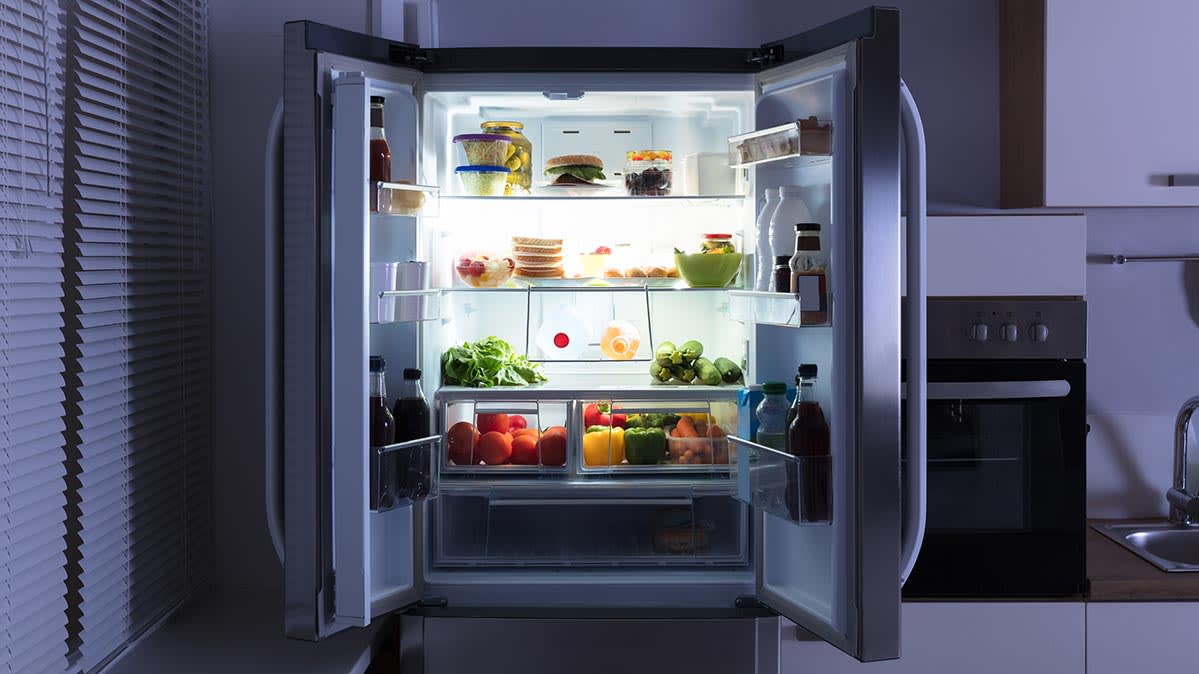
Whether it’s a long-standing habit or a routine picked up during the pandemic lockdowns, more than 60 percent of Americans ages 18 to 80 report snacking after 8 p.m., according to a 2021 International Food Information Council survey.
And it may be harming their health. Studies suggest that nighttime eating can lead to higher cholesterol and blood glucose levels, as well as weight gain.
One reason may be that people unconsciously gravitate toward higher calorie foods at night, such as cake or chips, says Kelly Allison, PhD, director of the Center for Weight and Eating Disorders at the University of Pennsylvania. But it also may be due to our circadian rhythms, or the biological clock that tells our bodies when to be awake and when to sleep.
“Our bodies are really designed to digest and metabolize food more efficiently earlier in the day,” she explains.
If you’re wedded to a nighttime snack, you don’t have to give it up entirely, Allison says. But there are smart steps you can take to rein in night eating, most of which call for just small tweaks—not major overhauls. Here are eight suggestions.
How to Stop Eating at Night - ConsumerReports.org
Read More

No comments:
Post a Comment